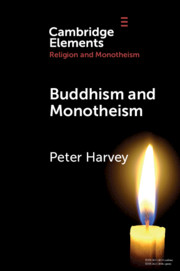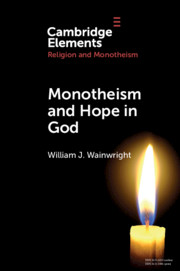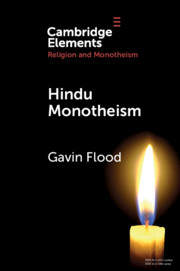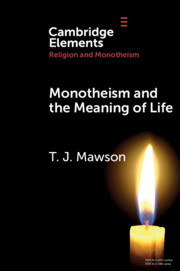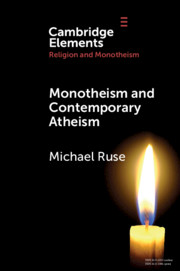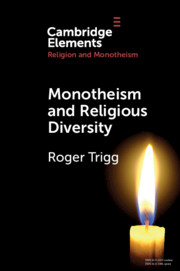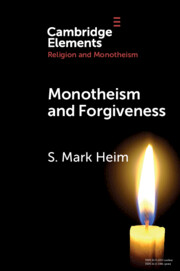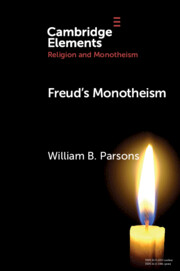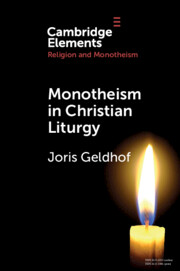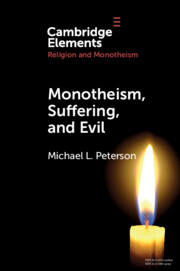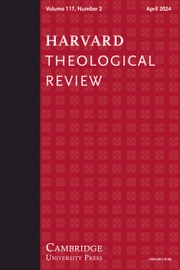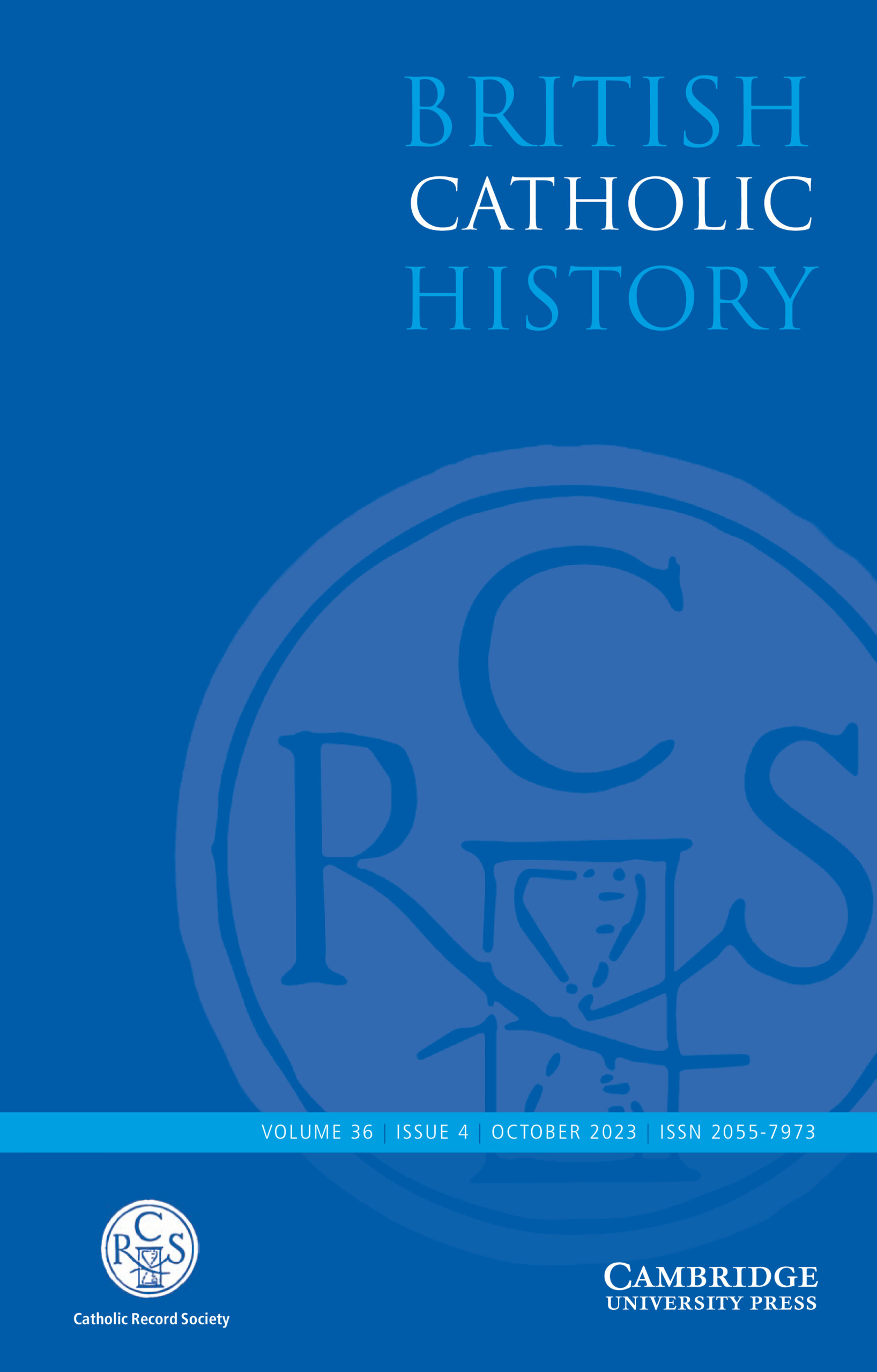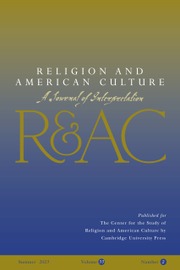Buddhism and Monotheism
Part of Elements in Religion and Monotheism
- Author: Peter Harvey, University of Sunderland
- Date Published: August 2019
- availability: Available
- format: Paperback
- isbn: 9781108731379
Paperback
Other available formats:
eBook
Looking for an inspection copy?
This title is not currently available for inspection. However, if you are interested in the title for your course we can consider offering an inspection copy. To register your interest please contact [email protected] providing details of the course you are teaching.
-
Buddhism is a religion lacking the idea of a unique creator God. It is a kind of trans-polytheism that accepts many long-lived gods, but sees ultimate reality, Nirvana, as beyond these. It does, though, see Dhamma/Dharma as a Basic Pattern encompassing everything, with karma as a law-like principle ensuring that good and bad actions have appropriate natural results. This Element explores these ideas, along with overlaps in Buddhist and monotheist ideas and practices, the development of more theist-like ideas in Mahāyāna Buddhism, Buddhist critiques of the idea of a creator God, and some contemporary Buddhist views and appreciations of monotheisms.
Customer reviews
Not yet reviewed
Be the first to review
Review was not posted due to profanity
×Product details
- Date Published: August 2019
- format: Paperback
- isbn: 9781108731379
- length: 75 pages
- dimensions: 220 x 152 x 4 mm
- weight: 0.3kg
- availability: Available
Table of Contents
1. The Indian religious context of the arising and development of Buddhism
2. The different traditions of Buddhism
3. The historical Buddha, and past Buddhas
4. Rebirth
5. Karma
6. Suffering, its causes and its transcending
7. Pessimistic?
8. Buddhist ethics
9. Buddhist practices
10. Buddhist meditation and Christian contemplation
11. The cosmos at large
12. The realms of rebirth
13. Māra, the Satan-like deadly one
14. How Buddhists see and relate to the Gods
15. Comparisons to monotheistic views on the Heavens
16. The Buddhist 'creation' and 'fall' story
17. Buddhism on the supposed Creator-God Great Brahmā
18. The lovingkindness and compassion Of Great Brahmā
19. The Dhamma as the basic pattern structuring the world
20. Dhamma … and God
21. A person as a flowing dance of conditioned, impermanent, self-less processes
22. God as 'I am who I am'
23. Nirvana … and God
24. The nature of the Buddha in the Theravāda
25. Faith and prayer in Theravāda Buddhism
26. Bodhisattvas in the Mahāyāna
27. Buddhas in the Mahāyāna
28. The Mahāyāna Pantheon
29. The three-body doctrine
30. Amitābha Buddha
31. Key Bodhisattvas: the all-compassionate Avalokiteśvara and the wisdom-embodying Mañjuśrī
32. Revelation, faith and prayer in the Mahāyāna
33. The Ādibuddha – a God-like figure?
34. The Buddha-nature and the problem of evil
35. Critical reflections on the idea of a God as creating living beings and the Universe
36. Buddhist general attitudes to other religions
37. Conclusion.
Sorry, this resource is locked
Please register or sign in to request access. If you are having problems accessing these resources please email [email protected]
Register Sign in» Proceed
You are now leaving the Cambridge University Press website. Your eBook purchase and download will be completed by our partner www.ebooks.com. Please see the permission section of the www.ebooks.com catalogue page for details of the print & copy limits on our eBooks.
Continue ×Are you sure you want to delete your account?
This cannot be undone.
Thank you for your feedback which will help us improve our service.
If you requested a response, we will make sure to get back to you shortly.
×
